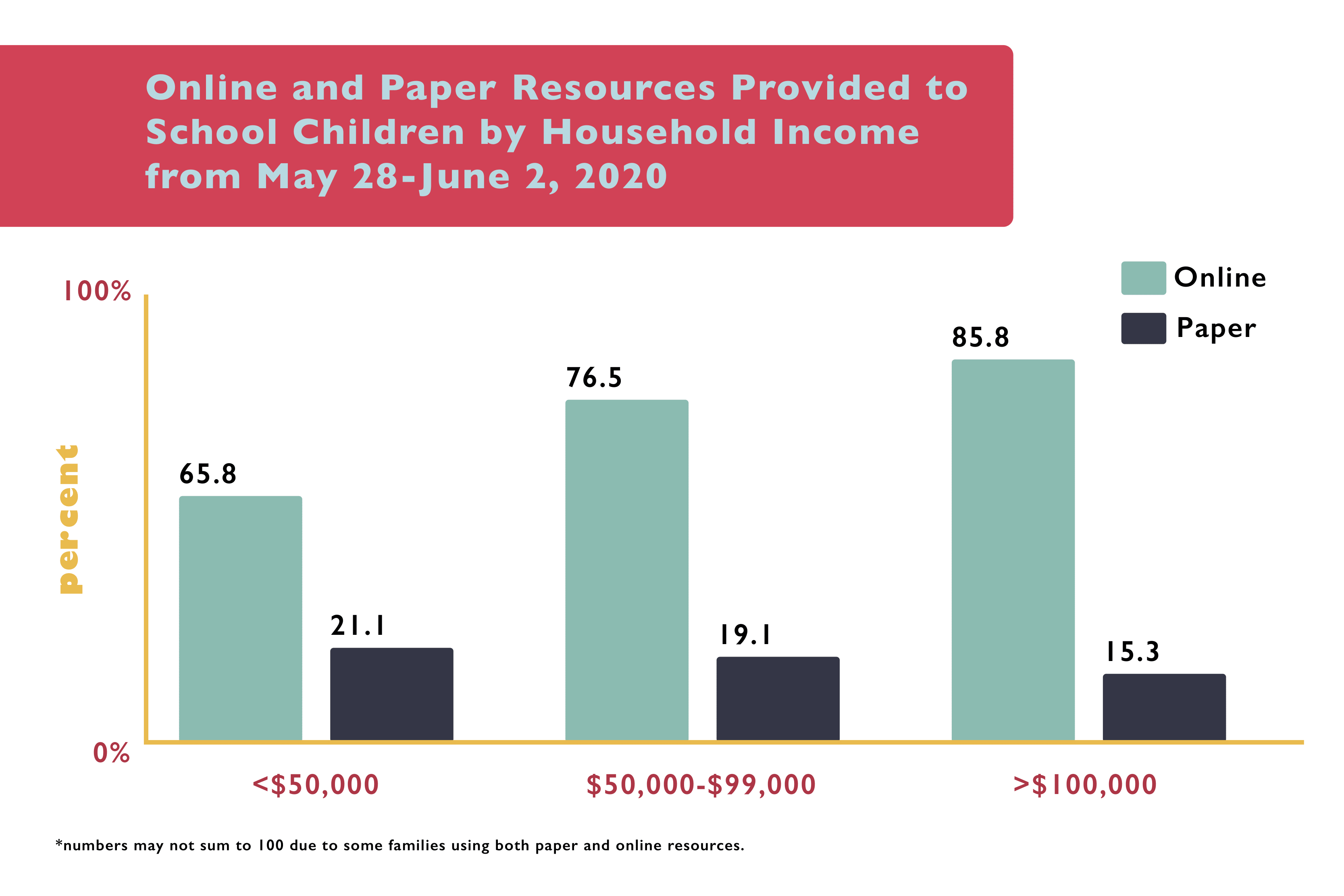by DEBRA DESTEFANI
Staff Writer
The COVID-19 pandemic has exposed gaping flaws when it comes to educational and social equality. With the goal of helping to address this issue, the College and Career Readiness department at WCC has teamed up with Ypsilanti Community Schools to help operate a learning lab at Parkridge Community Center, which helps support students in their communities.
Alena Zachery-Ross, superintendent of YCS, describes the learning lab as a place for “social and emotional support.”
“Our students have all experienced trauma this year and it’s just amazing that service can be provided right there in their neighborhoods,” Zachery-Ross said. “In the few weeks that the center has been open, there have already been connections with social workers.”
The Learning Lab at Parkridge can accommodate up to 30 students safely at a time and operates Monday through Friday. Students in grades K-5 can apply to attend, but currently all spots are filled. There is already a waiting list—a clear sign that this is a much-needed resource in the area surrounding Parkridge.
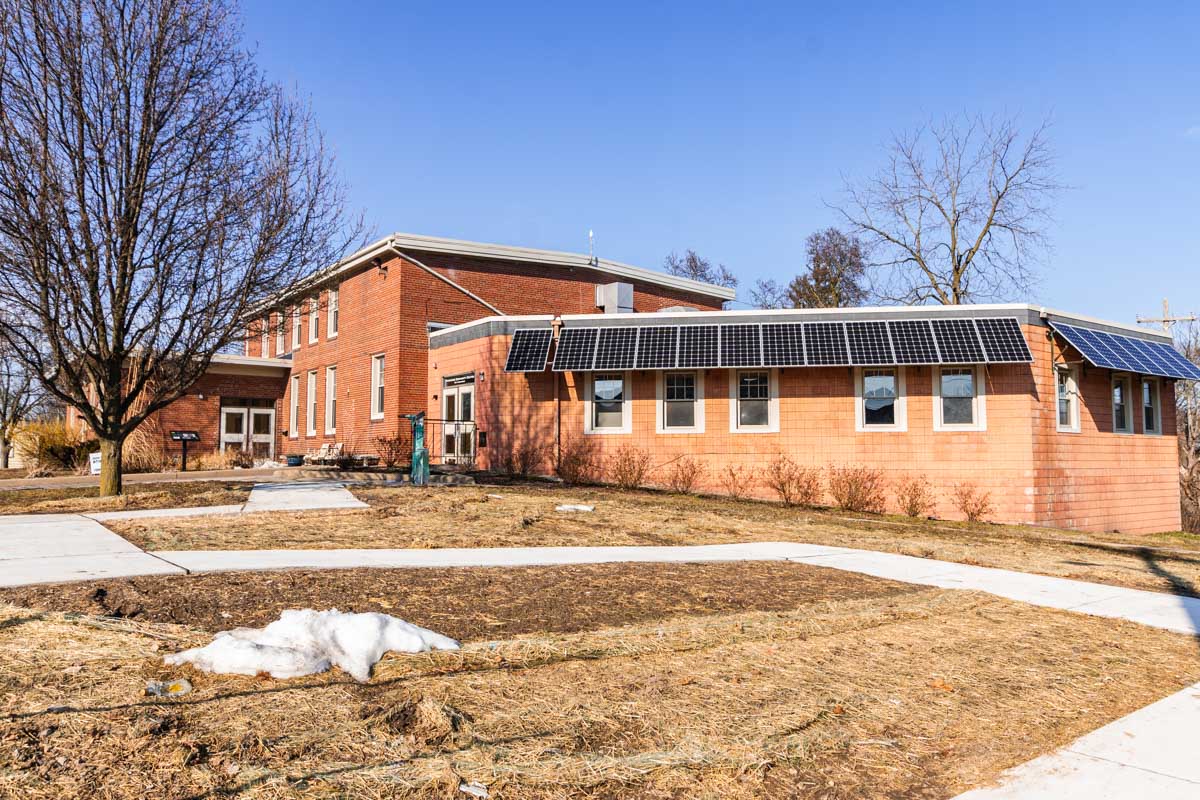
The Parkridge Community center, 591 Armstrong Drive, Ypsilanti, has been in operation since 1943 and provides a space for residents of the community to have access to a gym, library, meeting rooms, showers, and exercise facilities. Workshops, classes, summer programs, and community enrichment events are also held there.
Torrence Williams | The Washtenaw Voice
The Learning Lab provides a place for students to access mentoring, counseling, and the resources needed to succeed in an online learning environment. The program also provides breakfast and lunch to students in addition to snacks throughout the day, something appreciated by parents and family members, many of whom go to their jobs during the day as essential and frontline workers.
The need for the services provided by the community center reflects the current state of online learning across the country: in lower-income areas, more families don’t have access to the internet or to the equipment needed to succeed online, such as laptops or tablets. Experts are now referring to this as the “broadband gap.”
Brandon Tucker, assistant vice president of workforce and community development at WCC, explained that this is the case in the Parkridge neighborhood.
“It’s not the entire district, but within that area, we know that they don’t have access to the internet as widely as some other areas,” Tucker said. “One student, for example, on the first day when he logged in, the teacher said, ‘Wow, we haven’t seen you since March.’ Some just haven’t been in school.”
Data from the Brookings Institute, a nonprofit public policy organization, says that 64% of American teachers and administrators in schools with a large number of low-income students said their pupils faced technology limitations, compared to only 21% of students in schools with a small number of low-income students.
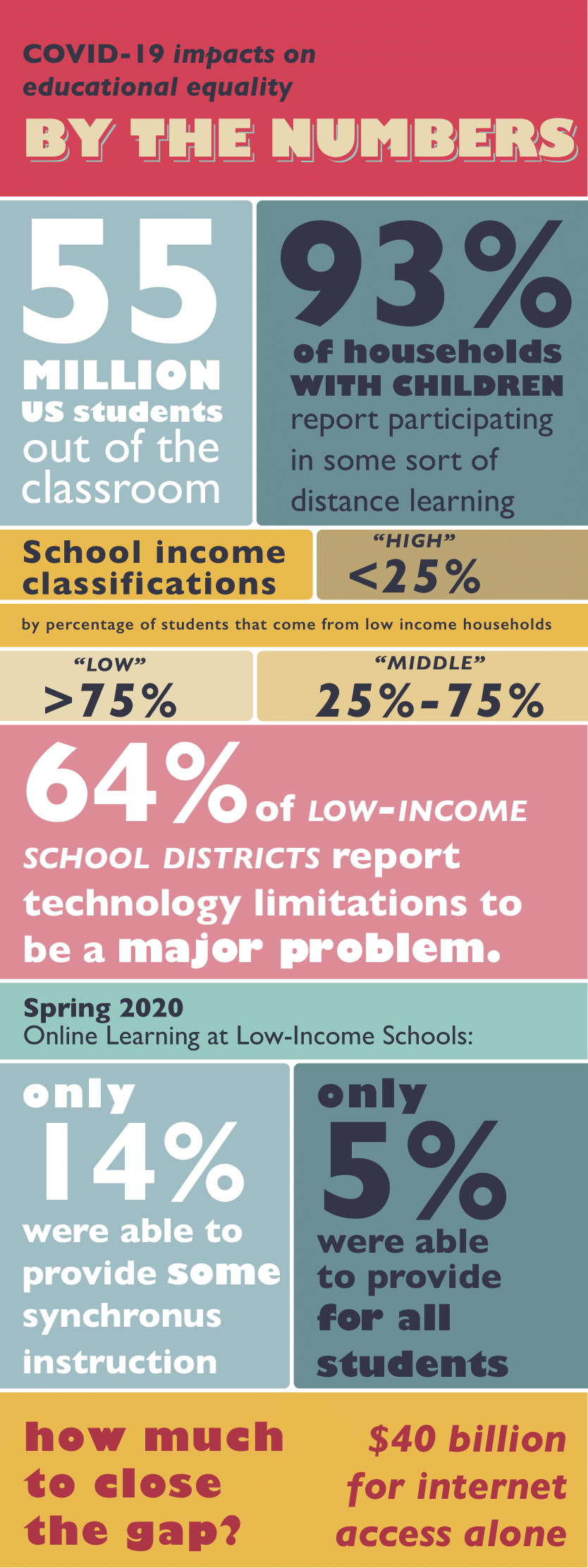
In addition, a survey conducted by the institute found that 40% of African-American students and 30% of Hispanic students in K-12 schools in the U.S. received no online instruction during COVID-induced school shutdowns, compared to 10% of whites.
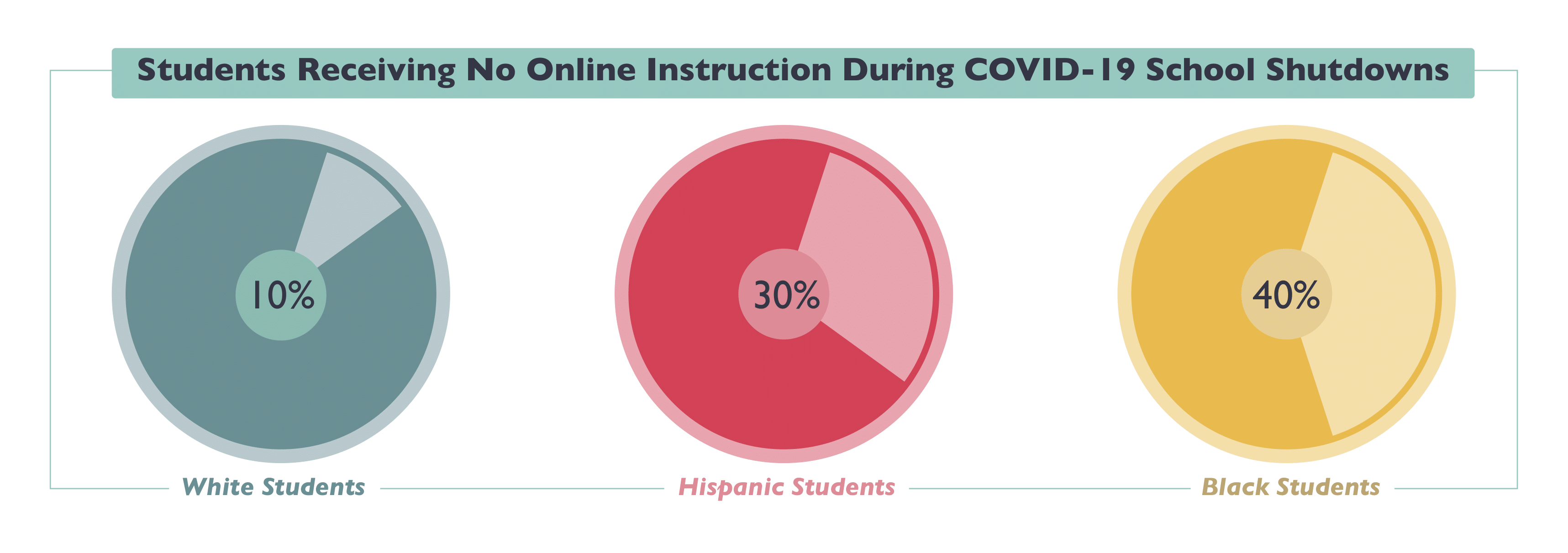
According to Tucker, a conversation took place at the end of 2020 with Ypsilanti Community Schools, representatives of WCC, and Ronnie Peterson (Democrat, House of Representatives, Michigan) to discuss the state of education and the impact of COVID-19 on communities in Ypsilanti, including Parkridge.
Peterson founded the Collaboration for Change initiative, a collaboration between Ypsilanti public schools, Eastern Michigan University, and WCC to help students succeed on their path to college starting from a young age.
The learning lab at Parkridge is one of two dozen sites that the Collaboration for Change will help launch in the next couple of months.
More information about the learning lab and the Parkridge Community Center can be found on the City of Ypsilanti’s webpage, or on the community center’s Facebook page.
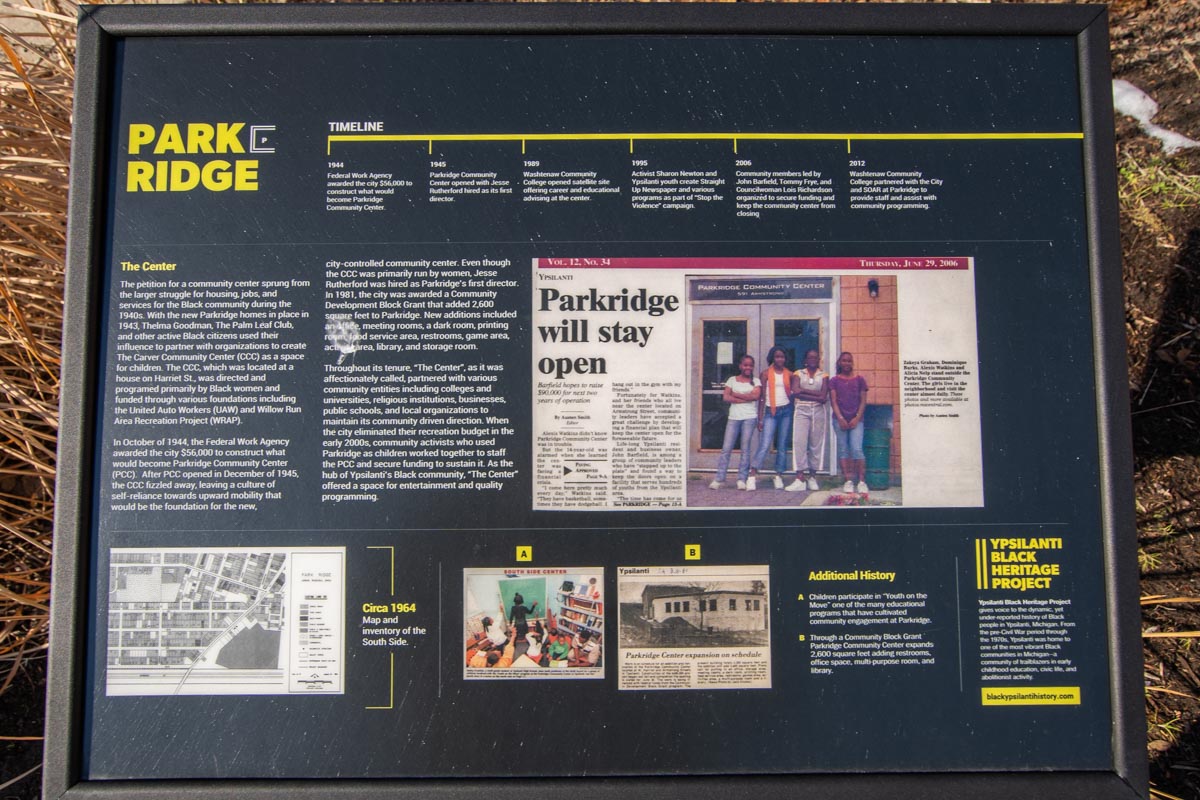
A timeline of the history of the Community Center. The Community Center was originally funded by the Federal Works Agency, an independent government agency that operated during the Great Depression that funded public construction projects.
Torrence Williams | The Washtenaw Voice

